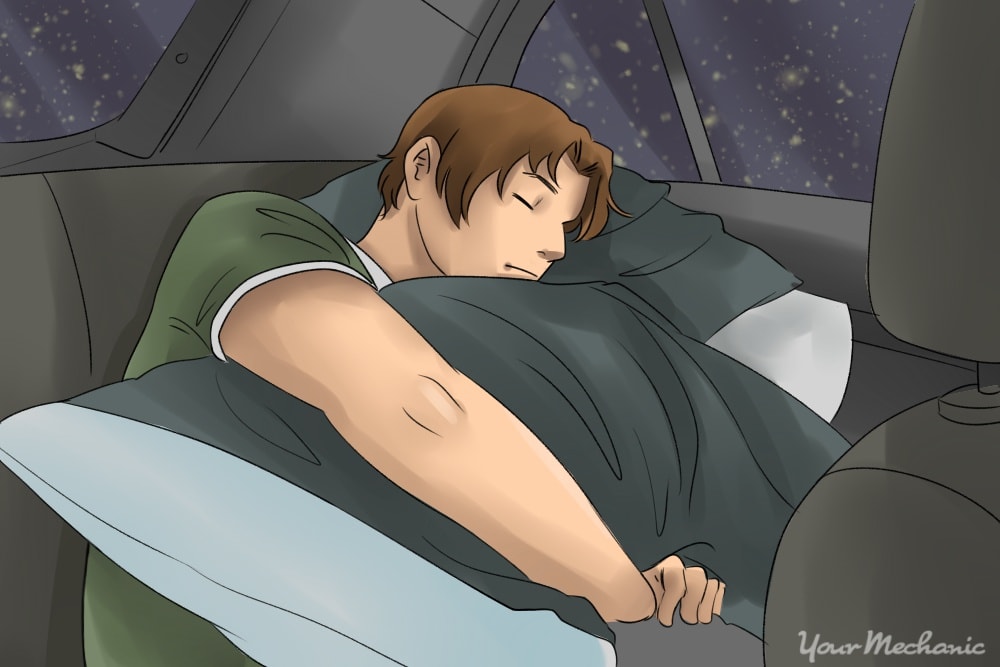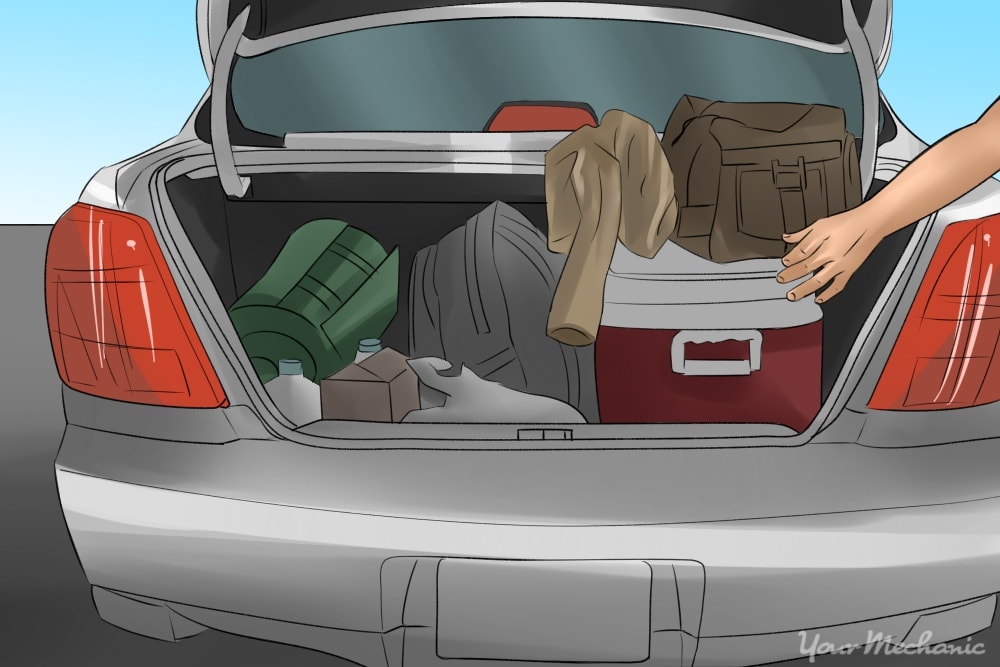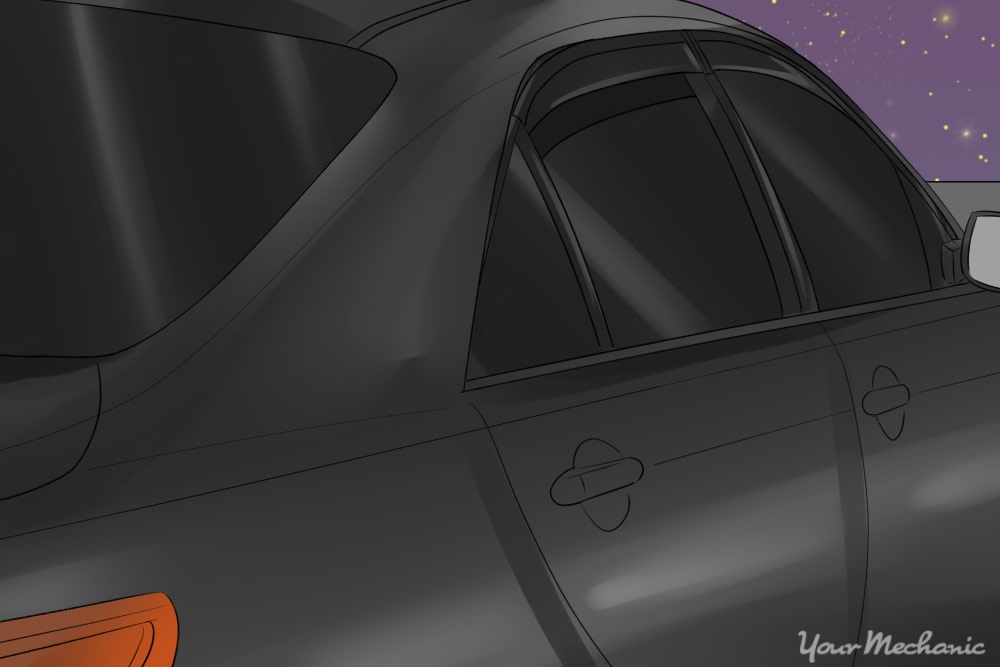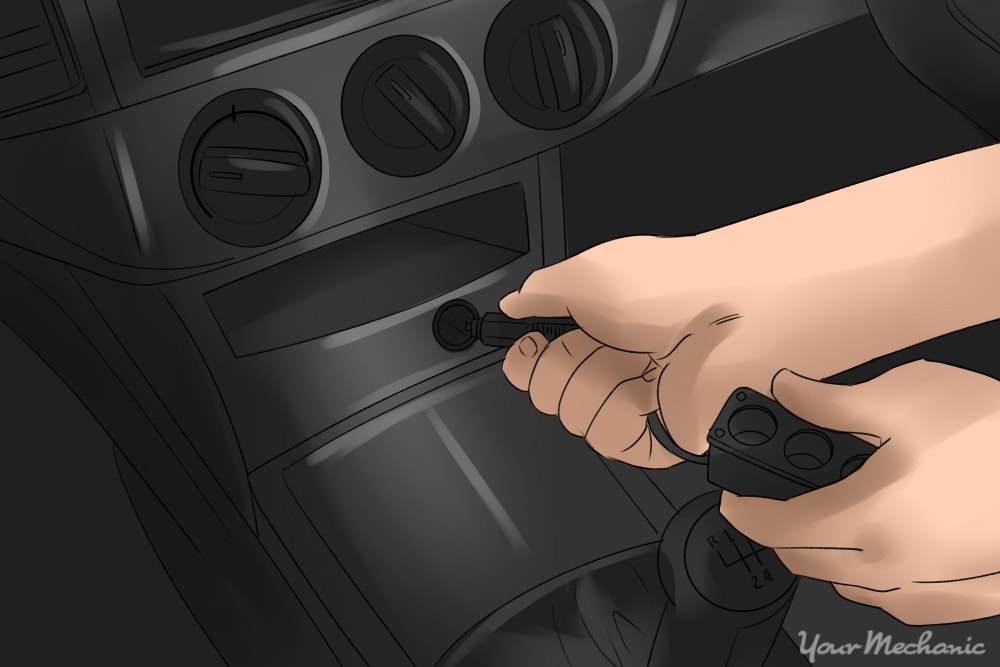

So you’ve just moved to a new city and your apartment won’t be ready for a month. Or maybe it’s summer break and you just haven’t been able to find a place. Or you want to see what it’s like not to be tied down to one particular place. Or — and we all know it can it happen — maybe you’re just out of options.
For whatever reason, you’ve decided to live in your car.
Can it be done? Yes. Will it be easy? In many ways no, in others yes, as long as you can make some pretty big adjustments to your expectations. But there are some ways to make it easier on yourself.
Please note that the following advice is for those who are planning on living in their cars for a somewhat short period of time. If you expect to do this for many months, or even years, you’ll have to worry about quite a bit more, much of which will be particular to your own situation.
Consideration 1: Staying comfortable
First, decide where you’ll sleep. The back seat (if you have one) is often the only real choice, although if you’re tall you won’t be able to stretch out. Try every possible angle and every possible option. If your back seats fold down giving access to the trunk, that can be a great way to get the legroom you need. If not, try folding a front seat forward. If the back seat isn't working (or you don’t have one) you’ll have to go for the front seat, which is a lot easier if you have a bench seat or it reclines a long way. And if you have a van, then you’re probably wondering what the fuss is about!
Having selected your sleeping position, make sure it’s well padded: a small lump under your back will be a major pain by morning.
Now, the more serious issue: temperature.
Problem 1: Heat. Heat is something you can’t do much about, except grinning and bearing it. But you can minimize the problem by getting a small fan that plugs into the cigarette lighter. Avoid the temptation to roll the windows down more than an inch or so, because in most places it simply isn’t safe to do every night.
Problem 2: Cold. Cold, on the other hand, you can take steps to combat, which is critical in cold climates during the winter. Understand this: you will not be running the engine to keep warm (because it’s expensive and will attract unwanted attention), and you will not be relying on an electric heater (because they use far too much power). Instead you’ll rely on insulation:
A good, warm sleeping bag or set of blankets is a must in cold weather. And whether you’re going with blankets or a sleeping bag, get some sheets — they’ll pay off in comfort and extra warmth.
If it’s really cold, plan to wear a knit cap, long underwear, even gloves — whatever it takes to be toasty warm. If you’re cold before you fall asleep, it will be a long night.
The car itself will help keep you protected from the wind, and warm to some extent, but do be sure to crack the windows half an inch to an inch. No, you won’t suffocate if you close them all the way, but it will get awfully stuffy in the car; if you’ve followed the advice about insulation, a little cold air will be fine.
There are other environmental disturbances to consider as well:
Avoiding noise is primarily a function of parking where it’s quiet, but almost no place is completely free of noise. Find a pair of earplugs that fit you comfortably, and wear them. Avoiding light can also be done partly by picking a good spot to park, but stick-up sunshades can also help. The same sunshades are also useful to keep your car cool on sunny days, and to help keep prying eyes out.
Consideration 2: Physical needs
Need 1: Food. You’re going to need to eat, and your car isn’t going to help you much in that regard. A cooler is a good thing to have, but don’t plan on using one of the electric mini-fridges that plugs into the cigarette lighter, because it will drain your battery far too fast. Beyond that, do whatever works for you and your budget.
Need 2: Restroom. Presumably your car doesn't have a toilet, so you’re going to have to find access to one that you can use regularly, including right before bedtime. You can also buy a self-contained portable toilet.
Need 3: Hygiene. You’ll need to find somewhere to bathe. That means washing up and brushing your teeth every day and showering as often as possible. The standard suggestion for this is a gym membership, which is a great idea if you can swing it; other possibilities are truck stops (many of which have showers) and state parks. If you have access to public campgrounds that will meet all of these needs, but they’re often expensive. In any case, you need to solve this problem — neglecting your hygiene will make every other aspect of your life a lot harder.
Consideration 3: Safety and the law
Living in your car can make you an easy target — for crime, and for police worried that you are committing or may commit one.
Avoiding being a victim is mostly a matter of parking in safe places and of keeping a low profile:
Step 1: Find a safe location. Safe places are those that are out of the way, but not completely hidden; unfortunately you may need to trade off some privacy and quiet in order to stay safe.
Step 2: Choose a well lit area. Try to park in an area that’s lit, at least somewhat. Again, this may not make for the most private and comfortable spot but it’s safer.
Step 3: Be discreet. Don’t make it obvious that you’re spending the night. That means arriving at your spot late, after you’ve done everything else you have to do like eating and taking care of your bathing and toilet needs. Drive up slowly with the radio off, park, and shut off the engine immediately. Shut off any interior lights as soon as you can.
Step 4: Lock your doors. It should go without saying, but just in case: lock your doors!
Step 5: Don't have windows wide open. Don’t sleep with a window down more than an inch, even if it’s hot.
Step 6: Be aware of your keys. Make sure your keys are handy — either in the ignition, or in a spot where you can grab them quickly in case you have to drive off in a hurry.
Step 7: Have a cell phone. Keep a cell phone handy (and charged!) at all times, just in case.
You also need to steer clear of unwanted attention from the law, meaning landowners, security guards, and police.
Step 8: Avoid trespassing. The easiest way to avoid being hassled by landowners is simple: don’t park on their land.
Step 9: Ask permission. “Public” parking lots that are owned by businesses can be either very good or very bad for overnight parking — check with the business first. (You can even point out that you’ll be “looking out” for suspicious behavior, so they actually get something out of having you there.)
Step 10: Avoid looking suspicious. For police, it’s not enough to make sure you’re not parked illegally (though of course that’s important). As a practical matter you need to avoid looking suspicious, meaning no almost completely hidden spots. If you’re parking on the street it’s best to avoid parking in expensive neighborhoods, and to move from night to night, because though you may not be committing any crimes, police respond to neighbor complaints and you don’t want the hassle.
Step 11: Don't urinate outside. Resist the temptation to urinate outside. It may seem like it’s no big deal but doing it is asking for police involvement. In some states, it’s even officially categorized as a sex crime.
Consideration 4: Engineering issues
One of the biggest challenges you’ll face is powering things. At a minimum, you’ll need to keep a cell phone charged, but you may be considering many other devices, from small fans and laptop computers through miniature refrigerators and heaters.
The biggest lesson is that you do not want to drain your battery overnight, so you need to be careful about what you plug in. A cell phone is fine, most laptop computers are fine, a small fan is fine; anything bigger than that is not fine: you are far too likely to awaken to a discharged, and possibly even permanently damaged, battery, and you don’t want that.
The other challenge is how to equip your car. Here’s a list of things you ought to have, but might forget:
A spare key, mounted in a hidden key holder. Finding yourself locked out of your home would not be good.
A flashlight, ideally one with a very dim setting for when you’re inside your car.
A jump starter battery box. You’re going to be careful about discharging your car battery but just in case, you need one of these. They’re not much more expensive than good jumper cables, and you won’t need someone else to give you a jump start. Note carefully: This does you no good at all if you don’t keep it charged, which can take several hours, so plan ahead.
Electrical power jacks. Your car probably has only one cigarette lighter or accessory jack, which probably won’t be enough. Get a three-in-one jack.
Inverter: An inverter converts a car’s 12V DC power to the alternating current used in household devices, so you’ll need one if you have any such devices. Be careful about discharging your battery.
If your car’s cigarette lighter/accessory plug shuts off when the key is out you have three choices:
Don’t run or charge anything electrical while you’re parked (plan ahead).
Leave the key in the accessory position all night.
Have a mechanic rewire the accessory plug so that it doesn’t go through the ignition switch, or add another accessory plug (probably best in the long run, and not very expensive).
The bottom line
For some people, living in a car will be a grand adventure, but for most it’s an inconvenient compromise. If you’re doing it you’d be well advised to steel yourself to the prospect of some inconvenience, and to focus on the advantages, such as saving money.
Good luck.






